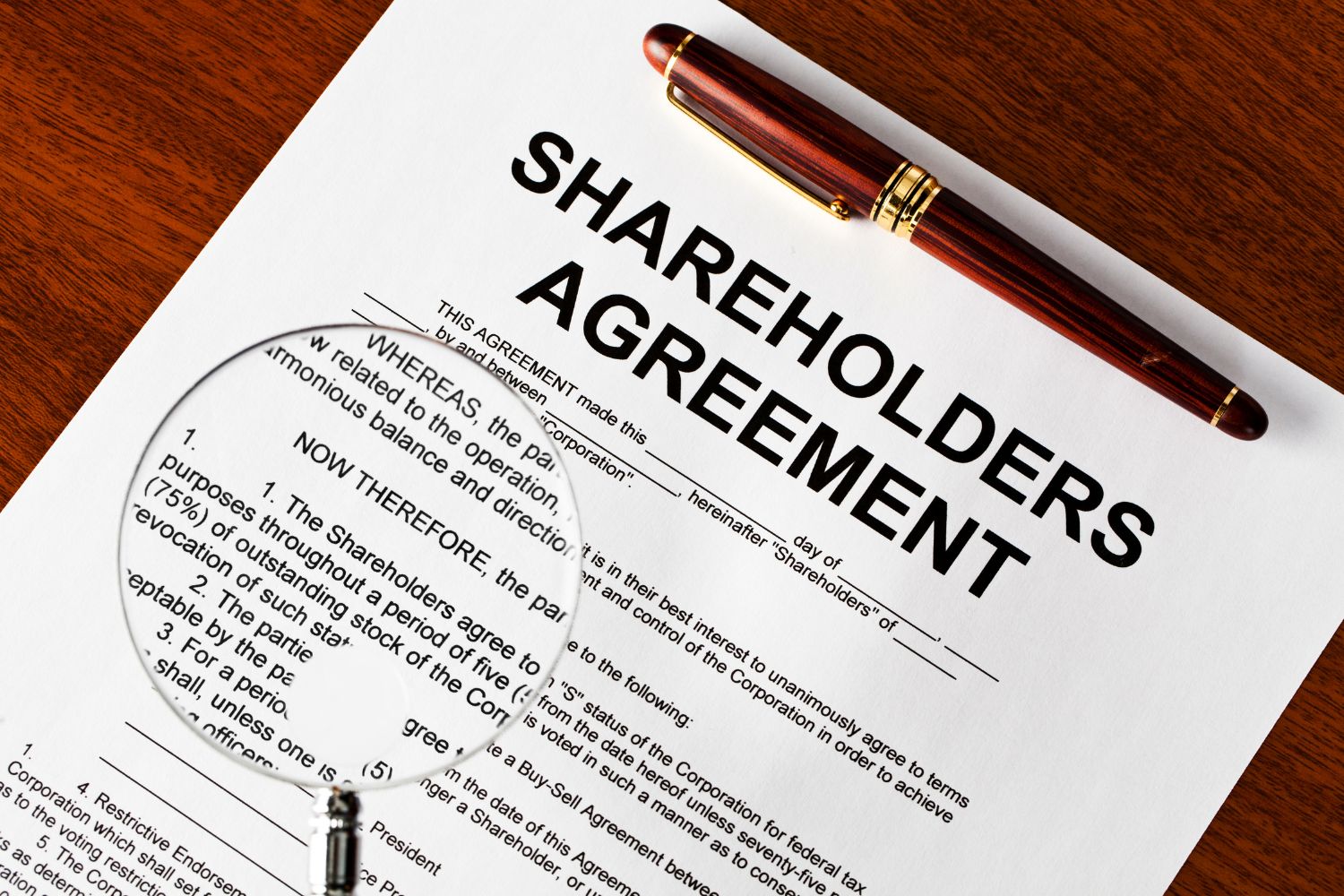Resolving Shareholder Disputes in Vietnam
Shareholder disputes can pose significant challenges for businesses, particularly in Vietnam’s rapidly evolving market. As companies grow and expand, the potential for conflicts among shareholders increases, often stemming from disagreements over company direction, profit distribution, or management practices. Effectively managing and resolving these disputes is essential for maintaining operational stability and protecting the interests of all stakeholders involved. This article explores common causes of shareholder disputes, outlines strategies for resolution, and emphasizes the role of shareholder dispute lawyers in ensuring fair outcomes.
Common Causes of Shareholder Disputes
Shareholder disputes can arise from various circumstances, including:
1. Management Decisions
Disagreements over management decisions can lead to significant conflicts. Shareholders may have differing views on company strategy, budgeting, or personnel changes, leading to tensions among stakeholders.

2. Profit Distribution
Conflicts may arise regarding how profits are distributed among shareholders. Discrepancies in expected dividends or reinvestment strategies can result in disputes that damage relationships.
3. Ownership Issues
Disputes may arise over ownership stakes in the company, including allegations of misrepresentation, fraudulent activities, or conflicts regarding transfers of shares.
4. Breach of Fiduciary Duties
Shareholders in certain positions, such as directors or officers, owe fiduciary duties to act in the best interests of the company and its shareholders. Breaches of these duties can lead to disputes and legal action.
5. Exit Strategies
When shareholders wish to leave the company or sell their shares, disagreements regarding the valuation of shares, buy-out arrangements, or successor agreements can spark disputes.
The Importance of Shareholder Agreements
Shareholder agreements are essential legal documents that outline the rights and obligations of shareholders, serving as a framework for managing relationships within a company. Key features of a well-drafted shareholder agreement include:
- Clear Terms: Providing explicit terms regarding management, profit distribution, decision-making processes, and procedures for handling disputes.
- Dispute Resolution Mechanism: Including provisions for dispute resolution, such as mediation or arbitration, can provide a roadmap for addressing conflicts before they escalate into more serious disputes.
- Exit Provisions: Specifying the terms and process for selling or transferring shares can mitigate potential misunderstandings when shareholders wish to exit the business.

Strategies for Resolving Shareholder Disputes
When shareholder disputes arise, several strategies can be employed to effectively resolve them. Here are the primary avenues:
1. Open Communication and Negotiation
- Encouraging Dialogue: Often, disputes can be resolved through open communication. Encouraging shareholders to discuss their concerns in a constructive manner can lead to mutually agreeable solutions.
- Negotiation: Engage in negotiations to find common ground and explore potential compromises that can satisfy all parties involved.
2. Mediation
Mediation involves a neutral third party who facilitates discussions between disputing shareholders to help them reach a consensus. Key benefits of mediation include:
- Confidentiality: Mediation is typically a private process, allowing shareholders to explore options without the public exposure of formal litigation.
- Control Over Outcomes: The parties involved maintain control over the solution, promoting a collaborative approach that is less confrontational than litigation.
- Cost-Effectiveness: Mediation can be less expensive than pursuing litigation or arbitration, which makes it an appealing option for resolving disputes.

3. Arbitration
If mediation fails, arbitration may be the next step. Arbitration provides a more formal process where a neutral arbitrator makes a binding decision regarding the dispute.
- Efficiency: Arbitration is generally quicker than litigation and can be tailored to the specifics of the case, particularly in business matters.
- Expertise of Arbitrators: Parties can choose arbitrators with relevant expertise, ensuring informed decision-making based on industry knowledge.
4. Litigation
As a last resort, shareholders may need to pursue litigation in court to resolve disputes. Key considerations include:
- Filing a Lawsuit: If negotiation and mediation do not lead to a resolution, the aggrieved party may file a lawsuit against the other shareholders or the company, outlining the claims and seeking legal remedies.
- Judicial Process: The litigation process involves filing pleadings, discovery, trial, and potential appeals. While litigation can provide a formal resolution, it often comes with significant costs and time commitments.
The Role of Shareholder Dispute Lawyers
Engaging a shareholder dispute lawyer is essential for navigating the complexities of any dispute. Their expertise can greatly benefit parties involved:
1. Legal Expertise
Attorneys specializing in shareholder disputes understand the nuances of corporate law and the rights of shareholders under Vietnamese law, providing valuable insights throughout the process.
2. Document Drafting
Lawyers can assist in drafting or reviewing corporate documents, such as shareholder agreements and internal policies, ensuring that they align with legal requirements and mitigate future disputes.

3. Representation in Negotiations and Mediation
Experienced lawyers represent clients during negotiation and mediation sessions, advocating for their interests while facilitating communication between parties.
4. Litigation Representation
In disputes that escalate to litigation, shareholder dispute lawyers represent clients in court, presenting evidence and legal arguments that support their position.
5. Risk Mitigation
Legal counsel helps identify potential risks associated with disputes, developing strategies that mitigate exposure and protect their clients’ interests.
Best Practices for Preventing Shareholder Disputes
While conflicts are sometimes unavoidable, taking proactive steps can help minimize the likelihood of shareholder disputes:
- Draft Comprehensive Shareholder Agreements: Invest time in creating detailed shareholder agreements that outline rights, responsibilities, and procedures for addressing disputes.
- Cultivate Open Communication: Foster a culture of transparency where shareholders feel comfortable discussing concerns and providing input on key decisions.
- Regular Meetings: Hold regular shareholder meetings or discussions to keep all parties informed and engaged in the company’s direction and performance.
- Educate Shareholders: Provide training on governance practices, rights, and responsibilities to ensure that all shareholders understand their roles.
- Implement Conflict Resolution Procedures: Establish clear procedures for addressing disputes as they arise, including mediation and negotiation protocols to prevent escalation.

Conclusion
Navigating shareholder disputes in Vietnam’s corporate landscape requires a comprehensive understanding of legal frameworks, effective communication, and a commitment to resolving conflicts amicably. By implementing best practices and engaging qualified legal representation, businesses can protect their interests while fostering harmonious relationships among shareholders. Understanding the complexities of dispute resolution methods—whether through negotiation, mediation, arbitration, or litigation—empowers businesses to navigate challenges effectively. Ultimately, a proactive approach towards shareholder relations and dispute resolution not only enhances operational efficiency but also positions companies for long-term success in an increasingly competitive environment. Investing in legal expertise early on can help create a robust structure for managing disputes and solidifying the foundation of a successful business.
